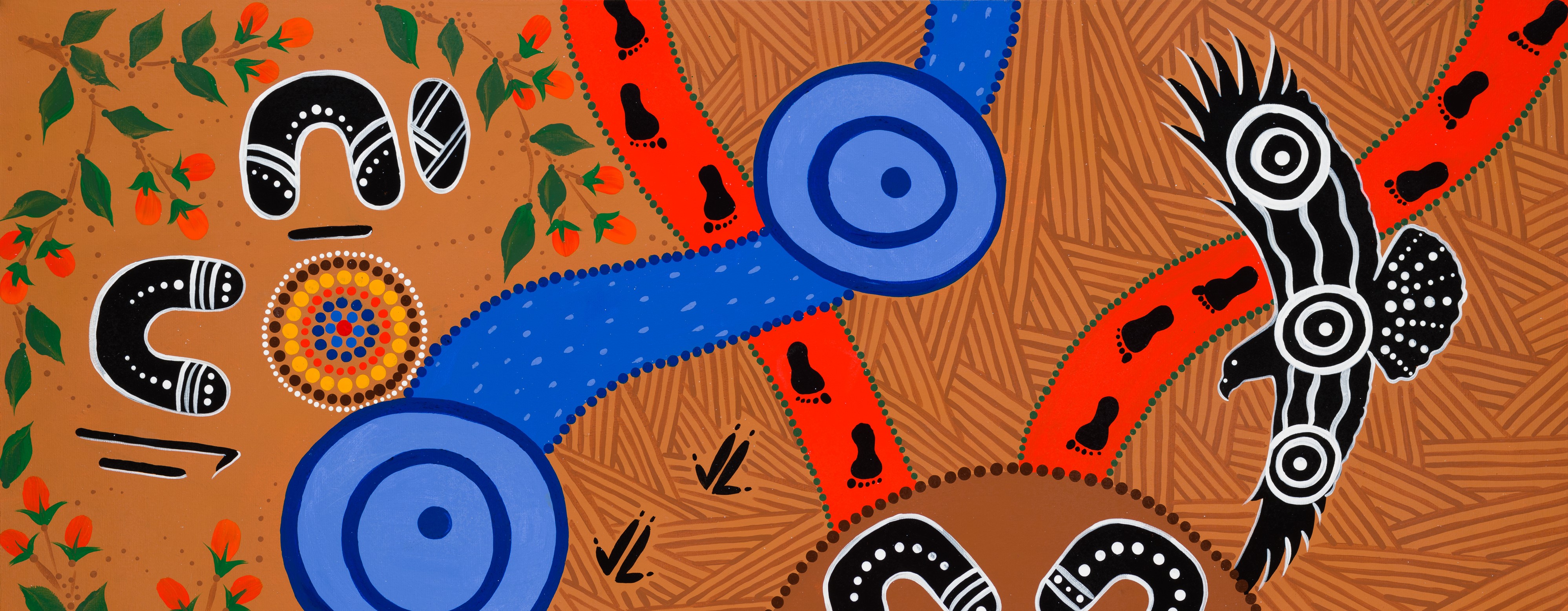Menu
- Home
- About us
-
Our Members
- Our Members
-
Our Membership
-
Members
- Aboriginal Community Elders Services
- Ballarat and District Aboriginal Co-operative
- Bendigo and District Aboriginal Co-operative
- Budja Budja Aboriginal Cooperative
- Dandenong and District Aborigines Co-operative
- Dhauwurd Wurrung Elderly and Community Health Service
- Gippsland and East Gippsland Aboriginal Co-operative
- Goolum Goolum Aboriginal Co-operative
- Gunditjmara Aboriginal Cooperative Ltd
- Kirrae Health Services Inc.
- Lake Tyers Health and Children’s Service
- Lakes Entrance Aboriginal Health Association
- Mallee District Aboriginal Services
- Moogji Aboriginal Council East Gippsland Inc.
- Mungabareena Aboriginal Corporation
- Murray Valley Aboriginal Co-operative
- Ngwala Willumbong Aboriginal Corporation
- Njernda Aboriginal Corporation
- Oonah Health and Community Services Aboriginal Corporation
- Ramahyuck District Aboriginal Corporation
- Rumbalara Aboriginal Co-operative Ltd
- Victorian Aboriginal Health Service
- Wathaurong Aboriginal Co-operative
- Winda-Mara Aboriginal Corporation
-
Associate Members
- Albury Wodonga Aboriginal Health Service
- Boorndawan Willam Aboriginal Healing Service
- Bubup Wilam Aboriginal Child and Family Centre
- Cummeragunja Housing & Development Aboriginal Corporation
- Kirrip Aboriginal Corporation
- Melbourne Aboriginal Youth, Sport & Recreation Co-operative
- Mullum Mullum Indigenous Gathering Place
- Weenthunga Health Network Inc.
-
Members
- Events & Dates
- Work with Us
- Donate now
- Contact us
- Logins





